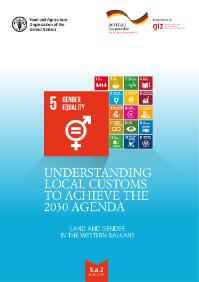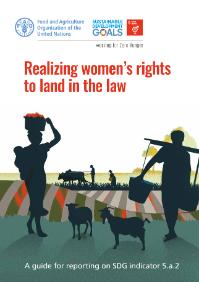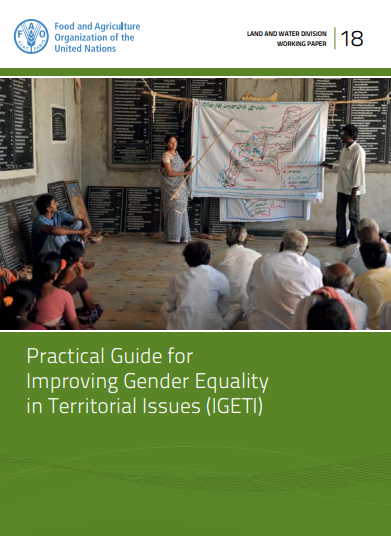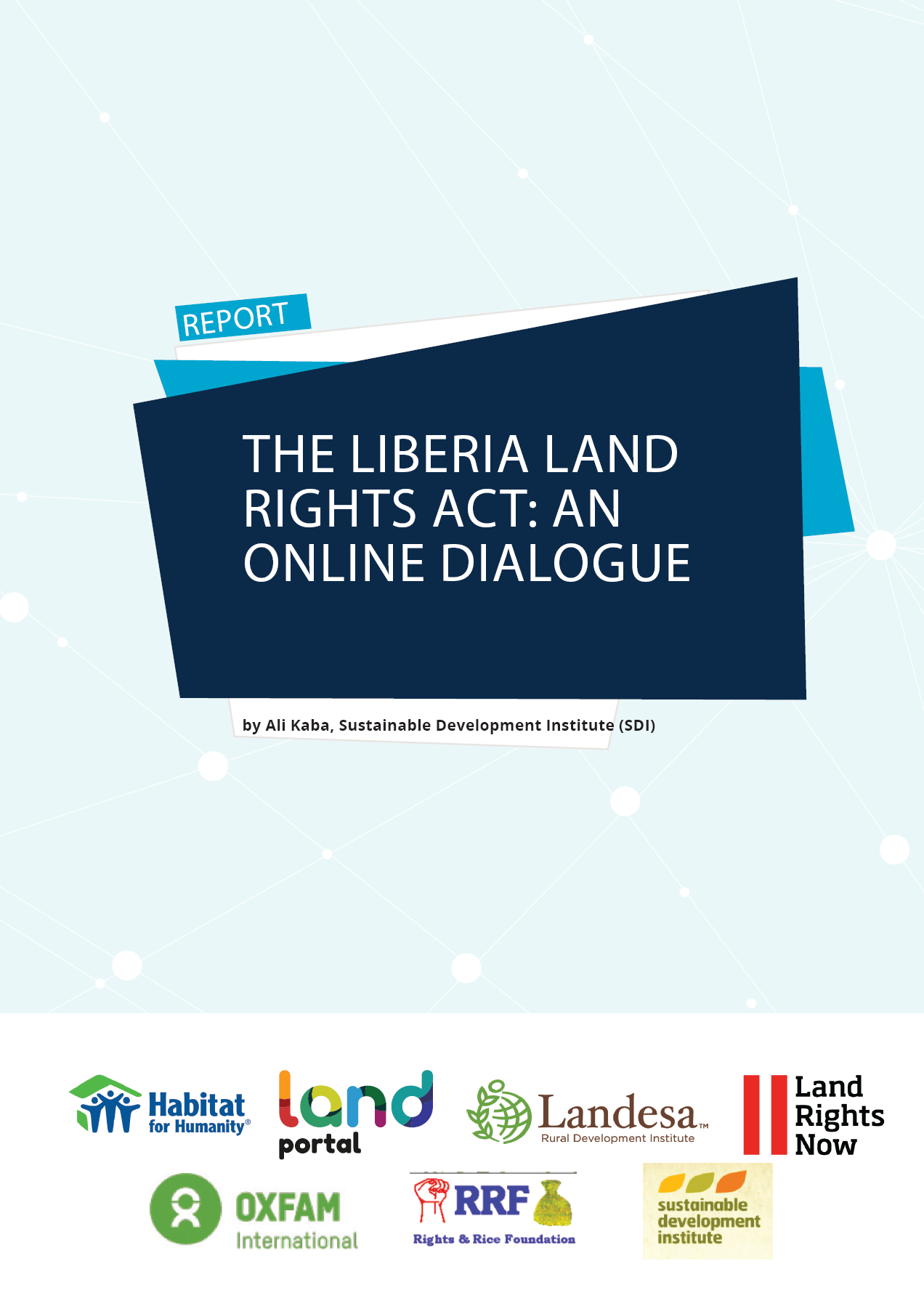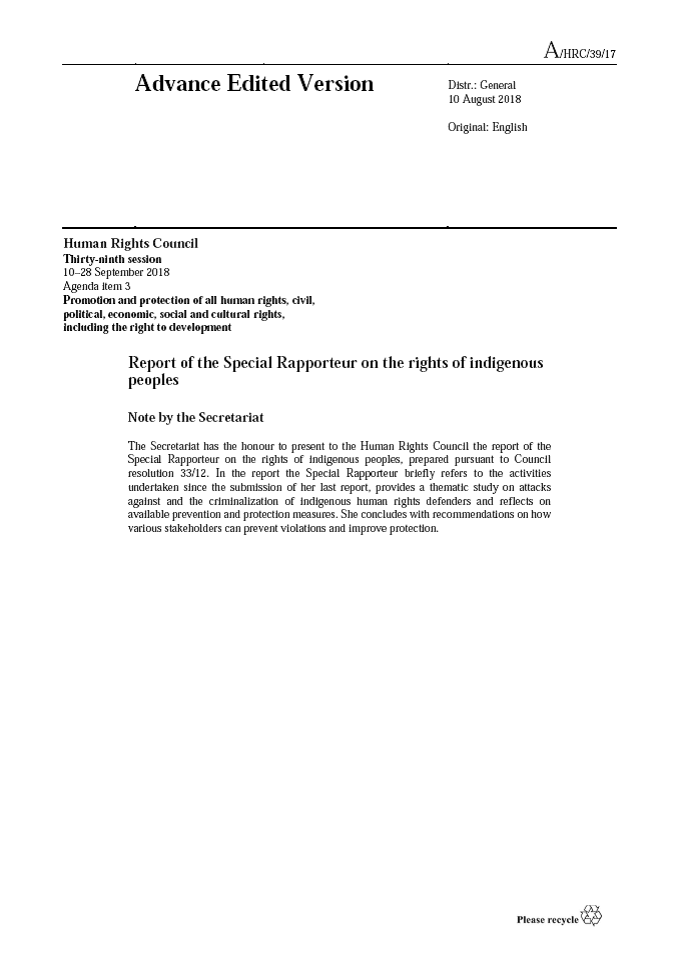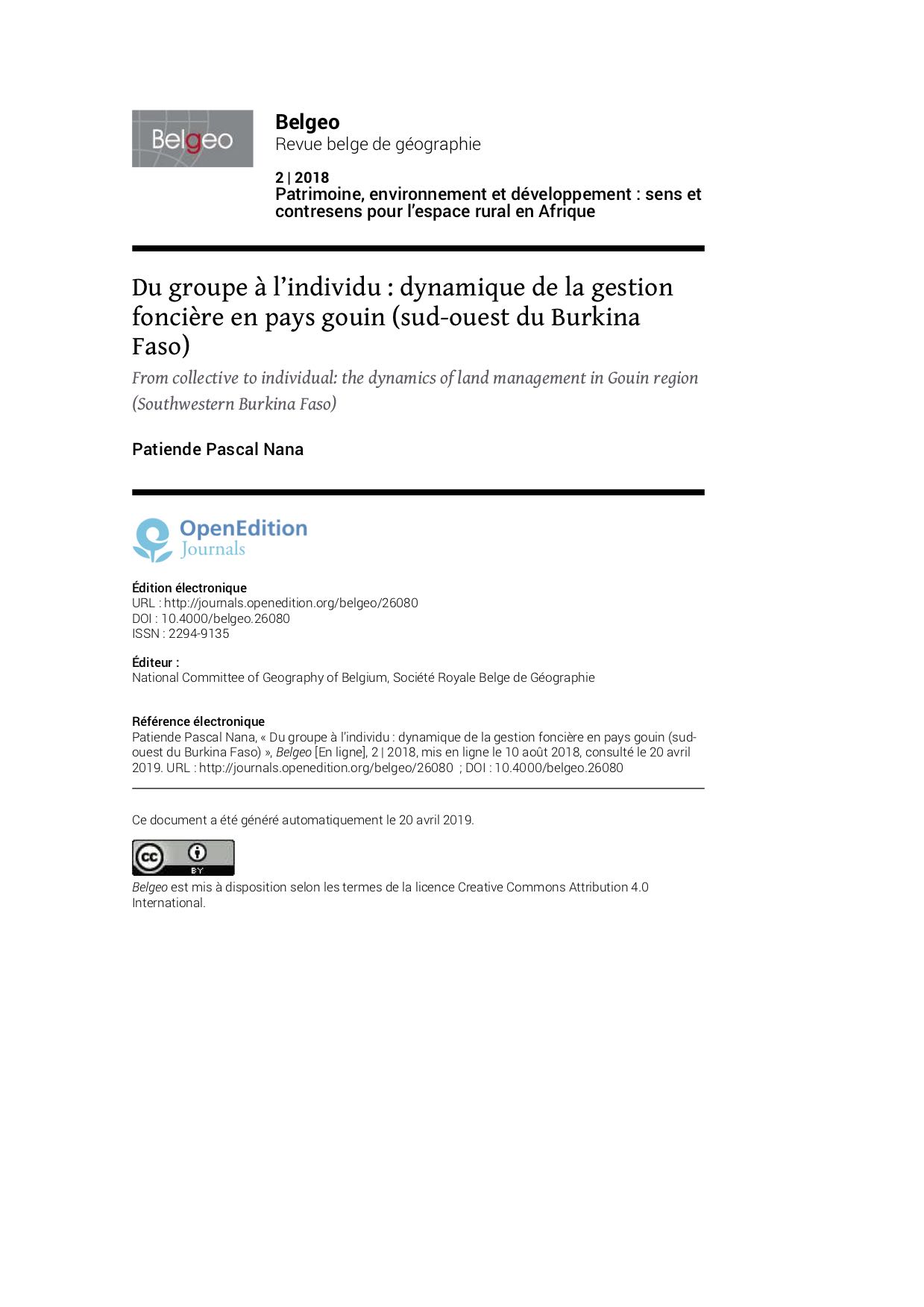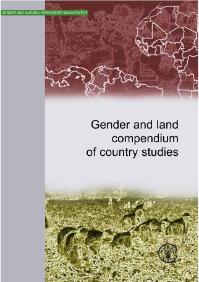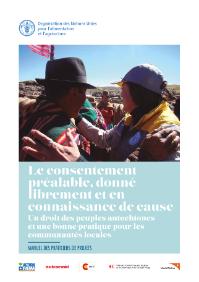Persistence and change in Hakha Chin land and resource tenure
The research provides a holistic overview of the key changes that affected Northern Chin society from pre-colonial times up to now in villages close to Hakha town where State penetration was stronger than in more remote
areas. The study sheds light on the overlapping and evolving statutory and customary land systems and on the issues faced by contemporary Chin communities as they seek to govern land and natural resources.


